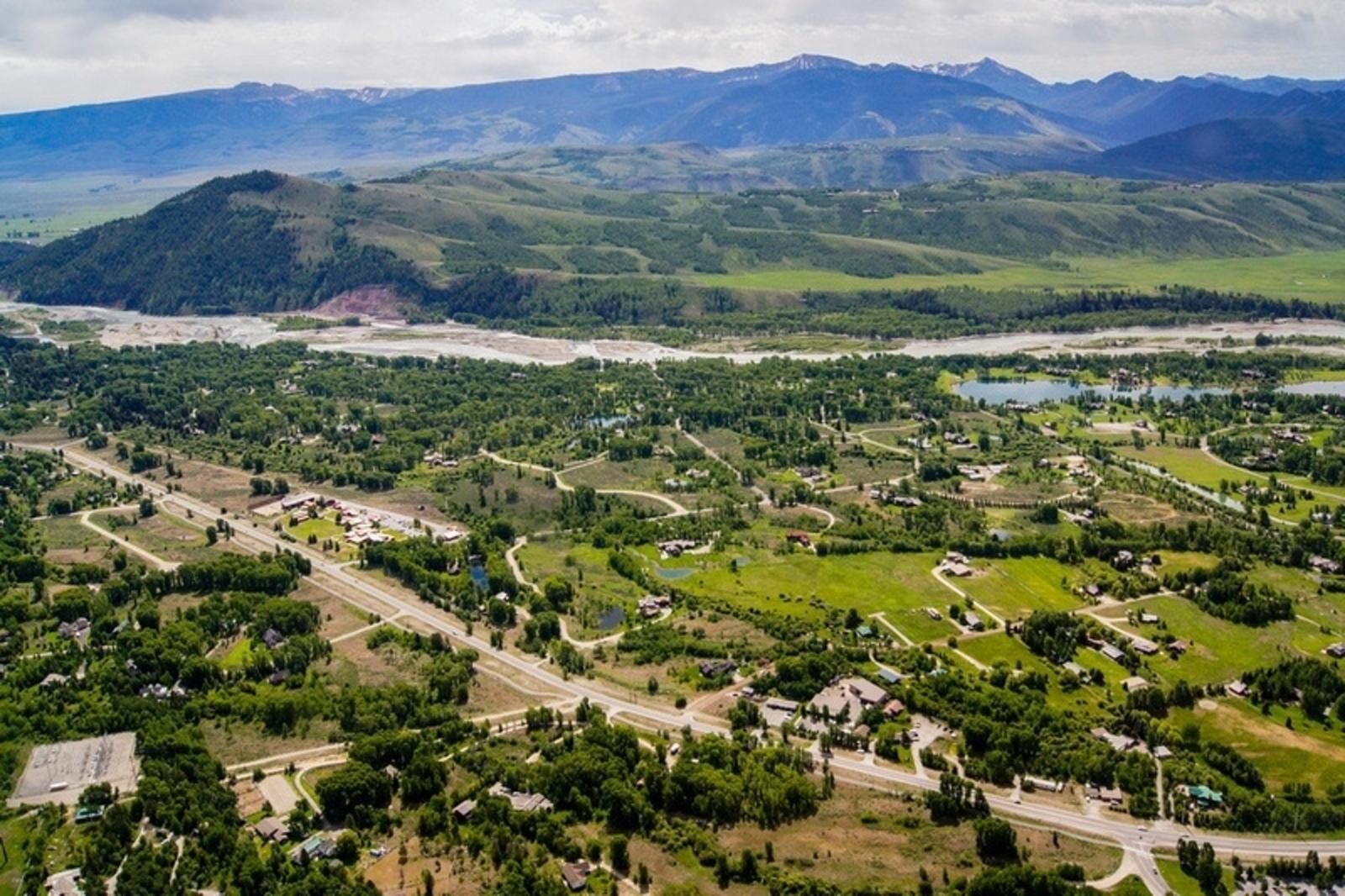It might look like wild Shangri-la to newcomers from Los Angeles, Houston or New York City, but imagine being a moose or elk having to navigate the deepening gauntlet below. The National Elk Refuge exists because poorly planned development usurped wapiti of winter range and migration corridors more than a century ago. Ecologists say that development and human activity either results in extirpation of wildlife or it leaves creatures becoming "half-wild" meaning they lose their instincts and are no more wild than a white-tailed deer on a golf course. Jackson Hole markets itself as being a last bastion for wildness but can an expanding human footprint and wild animals really co-exist? Photo courtesy EcoFlight and Jackson Hole Conservation Alliance

